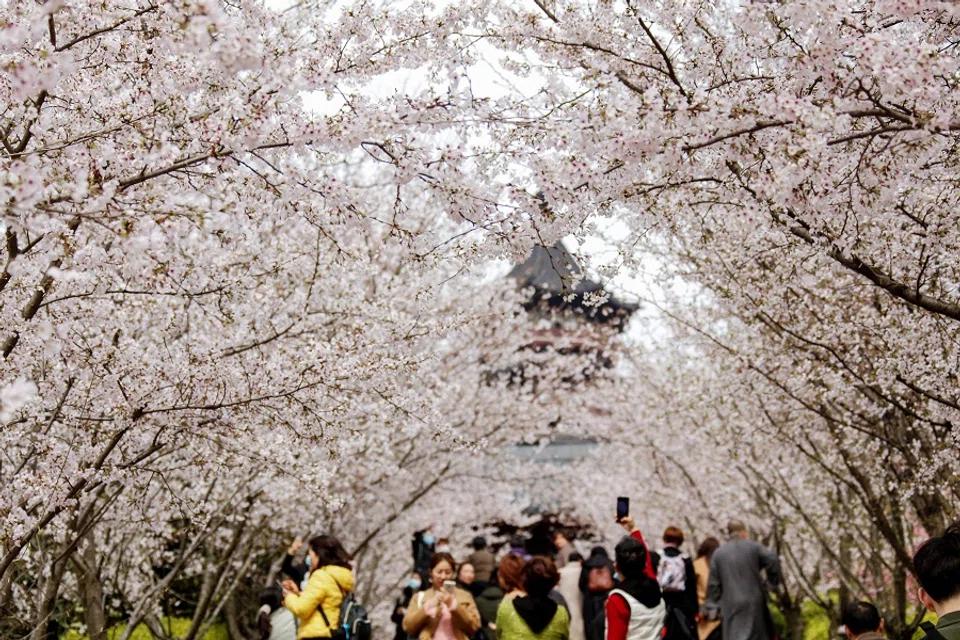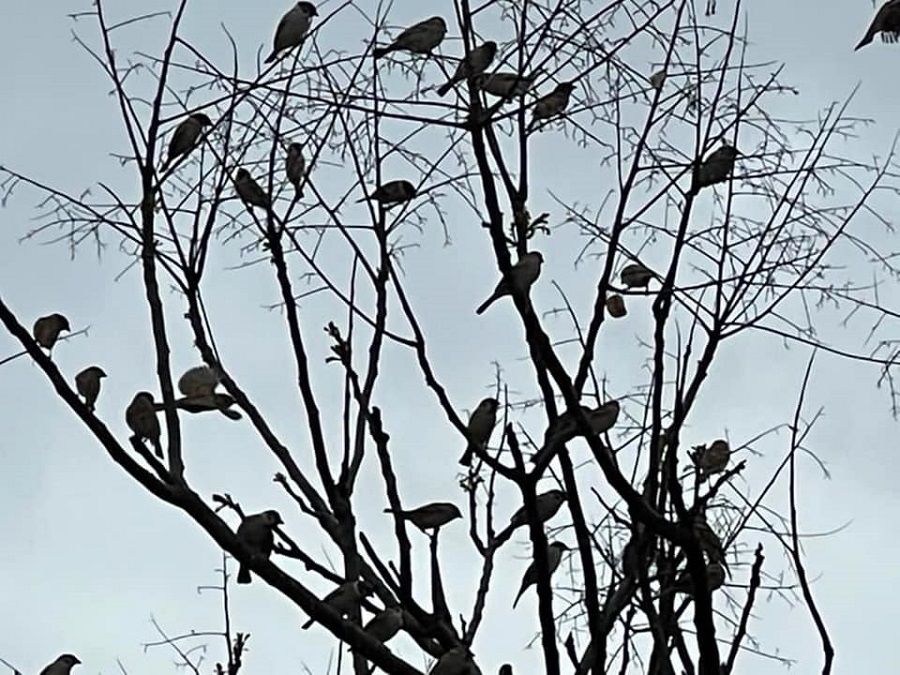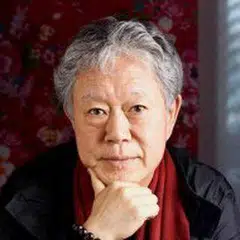Taiwanese art historian: Why we no longer find beauty in contemporary art

In the morning, waking up to the sound of birds chirping pleases me more than waking up to the sound of music.
In fact, if art is not created out of the colours and sounds of nature, something seems amiss. It is more important to listen to nature than to people. The moon amid the mountains, the wind across the river... these pique our auditory and visual senses, and it is necessary to feel and experience them from time to time. If one only relies on visiting the concert halls and art museums, what we see and hear would ultimately be limited and inadequate.
... art museums have lost the core values of art; they have long severed ties with beauty and drifted far away from it.

The Chinese word for art (艺术 yishu) gives one much to think about. It is made up of two characters: yi (艺, meaning "art") and shu (术, meaning "technique or skill"). While various techniques and skills can be used, it does not mean that beauty will follow. In fact, if one only has technique, it is impossible to create that which is beautiful. With colleges only focusing on technique and paying no attention to guiding students towards the pursuit of beauty, the latter's work will be lifeless. In fact, we see that art is often subjected to political authority and controlled by the market, while art museums have lost the core values of art; they have long severed ties with beauty and drifted far away from it.
Have you found beauty in art museums? Or would you rather go by the rivers to listen to the wind, or admire the moon among the mountains?
Birds on a tree, each feathered creature like a music note, hop about and flit between the branches. Together, they create a symphonic poem celebrating the break of dawn in spring. Tang dynasty poet Bai Juyi must have heard them before he wrote Ballad of the Lute (Pipa Xing,《琵琶行》); Beethoven must have listened to their songs before he composed the Pastoral Symphony.
... if you truly love birds, why not plant more trees? - Qing dynasty calligrapher and painter Zheng Banqiao

Qing dynasty calligrapher and painter Zheng Banqiao wrote the essay Rhapsody on Birds (《鸟赋》). He candidly said that he was against locking birds in cages, making a great observation that if people really loved birds, why didn't they plant more trees? This is an example of great human enlightenment in the 18th century of the Qing dynasty, and mirrors the thoughts of European philosophers of the same period such as Jean-Jacques Rousseau who asserted that "man is born free".
Today, one can see everywhere "art" chained by the capitalist political system and by the markets of industrialised cities. Pretentious and fake "cultural" trends fill every nook and cranny of metropolises, aided by colleges that have constructed all kinds of "aesthetics" that trap birds in cages.
This is when we should have a good read of Zheng's rhapsody, as it offers us a wonderful piece of advice: if you truly love birds, why not plant more trees?
